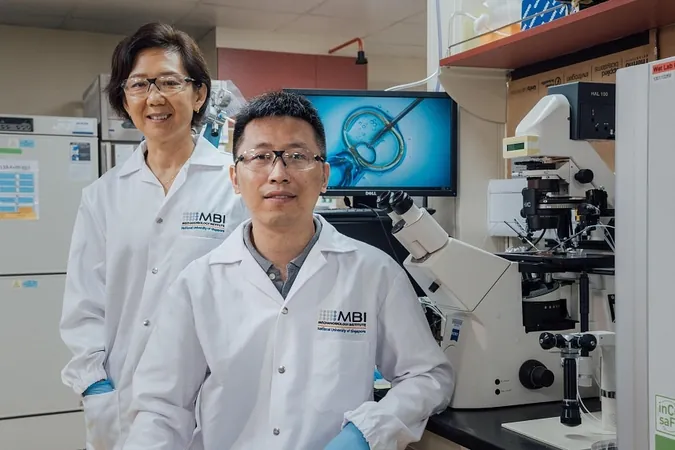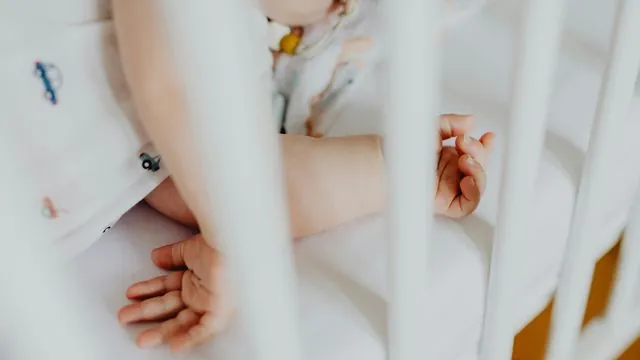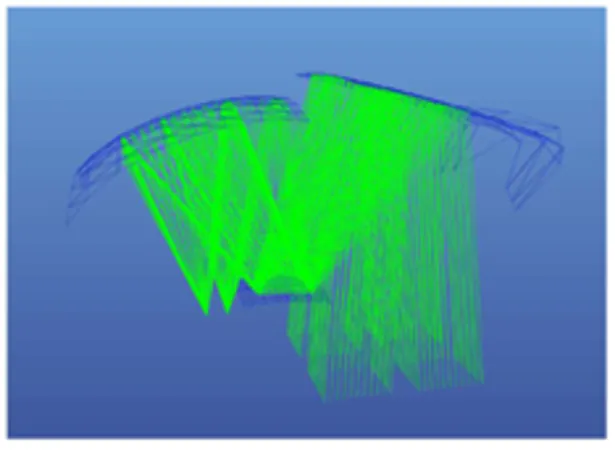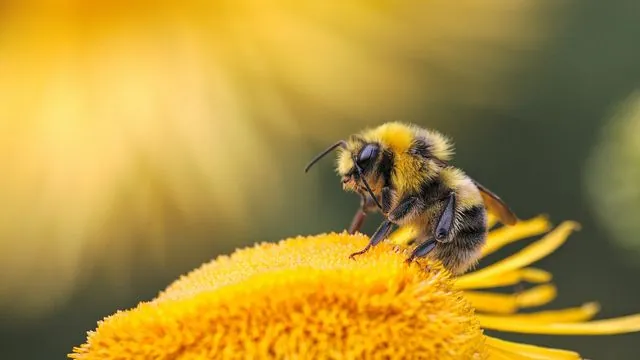
Breakthrough 'Spa' Treatment Could Turn Back the Clock on Aging Eggs for Women
2024-09-18
SINGAPORE – A New Hope for Aging Eggs
As women age, their reproductive possibilities face a ticking clock largely due to the accelerated aging of their eggs, a reality that significantly affects their chances of conception. However, pioneering research from Singapore presents an exciting breakthrough that could transform the landscape of assisted reproductive technologies, particularly in vitro fertilization (IVF).
Research Findings
Researchers from the National University of Singapore's Mechanobiology Institute (MBI) and the NUS Bia-Echo Asia Centre for Reproductive Longevity and Equality (ACRLE) have discovered a mechanism to potentially rejuvenate aging eggs. This critical finding not only raises hopes for older women who wish to conceive after prioritizing their careers or personal lives, but it also provides a fresh perspective on egg quality and reproductive health.
Follicular Environment Influence
The researchers found that the environment surrounding the eggs, known as the follicular environment, plays a significant role in the health and viability of oocytes—immature egg cells. In startling experiments, a young oocyte placed in an aging follicle deteriorated in quality and developmental potential, while older oocytes introduced to a younger follicular setting experienced rejuvenation.
Research Goals
"We have long been fascinated by the unique aging process of human oocytes, which age much faster than any other human cells. Our goal is to discover methods by which we can slow or even reverse this aging," explained MBI director Rong Li. Their research emphasizes the urgent need for innovations in reproductive science, especially as women tend to delay motherhood.
Understanding Egg Quality Decline
The decline in egg quality starts around the age of 32 and accelerates post-37, leading to reduced successful fertilization rates and increased risks of miscarriage or genetic complications. In a surprising twist, the team uncovered that the aged oocytes used within a younger follicular environment began to show signs of vitality and health, offering incredible promise for future treatments.
Published Research
Published in the prestigious journal *Nature Aging*, this groundbreaking study sets the stage for developing non-invasive technologies aimed at improving egg quality in older women or those facing fertility issues due to various health conditions. Li describes this method as akin to sending an aged oocyte to a rejuvenating spa: once revitalized, it can then be fertilized in the laboratory and subsequently implanted through IVF.
Impacts on Modern Relationships
The research comes at a time when more couples are seeking assisted reproductive technologies. Experts suggest that rising marriage ages—29.3 years for first-time brides in 2022—contribute to an increased demand for fertility assistance. This trend is mirrored in the shifting statistics for first-time mothers, with the median age rising from 30.8 to 31.6 years over just four years. Surprisingly, in 2023, 19 women over the age of 50 gave birth, indicating that options for late motherhood may soon expand significantly.
A Pivotal Moment for Women's Autonomy
Dr. Huang Zhongwei, ACRLE's deputy director, asserts that this advancement represents a pivotal moment for women's reproductive autonomy. "This research offers the potential to redefine fertility preservation strategies and will enable women to have greater control over their reproductive choices while improving health outcomes for future generations."
Future Possibilities
The implications of these findings are monumental. With continued developments, older women may soon have the opportunity to turn back the biological clock and explore motherhood at an age that was once considered out of reach. Stay tuned as this fascinating research unfolds, promising a new era of possibilities for women dreaming of motherhood!





 Brasil (PT)
Brasil (PT)
 Canada (EN)
Canada (EN)
 Chile (ES)
Chile (ES)
 España (ES)
España (ES)
 France (FR)
France (FR)
 Hong Kong (EN)
Hong Kong (EN)
 Italia (IT)
Italia (IT)
 日本 (JA)
日本 (JA)
 Magyarország (HU)
Magyarország (HU)
 Norge (NO)
Norge (NO)
 Polska (PL)
Polska (PL)
 Schweiz (DE)
Schweiz (DE)
 Singapore (EN)
Singapore (EN)
 Sverige (SV)
Sverige (SV)
 Suomi (FI)
Suomi (FI)
 Türkiye (TR)
Türkiye (TR)